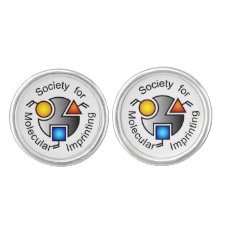
Authors: Xie WY, He F, Wang BF, Chung TS, Jeyaseelan K, Armugam A, Tong YW
Article Title: An aquaporin-based vesicle-embedded polymeric membrane for low energy water filtration.
Publication date: 2013
Journal: Journal of Materials Chemistry A
Volume: 1
Issue: (26)
Page numbers: 7592-7600.
DOI: 10.1039/C3TA10731K
Abstract: Aquaporins (AQPs) are transmembrane water channel proteins that serve as nano-filters to selectively transport water molecules through plasma membranes in living cells at high speeds while blocking all other solutes from going through. It is envisioned that biomimetic membranes composed of aquaporin and amphiphilic phospholipids or copolymers may have great potential for use in high flux and low energy consumption water purification processes. However, the major barrier for using such a biomimetic membrane is that the ultrathin biomimetic bilayers are often too fragile to withstand high hydraulic or osmotic pressures in industrial water purification processes. Here, we show an innovative method to overcome membrane fragility by using these water channel proteins incorporated into vesicles and surface imprinting onto a substrate membrane. The water channel protein Aquaporin Z (AQPz) was reconstituted into self-assembled polymer vesicles and then immobilized onto a porous support membrane. In situ "surface imprinting" polymerization was then conducted to generate a dense hydrophobic polymer layer. This novel membrane was shown to have a well-controlled nano-structured selective layer that exhibits high mechanical strength and stability during the water filtration process. The water purification performance is significantly improved by using the AQPz-vesicle-imprinted membrane in either nanofiltration or forward osmosis mode
Template and target information: aquaporins, AQPs, Aquaporin Z, AQPz



Join the Society for Molecular Imprinting

New items RSS feed
Sign-up for e-mail updates:
Choose between receiving an occasional newsletter or more frequent e-mail alerts.
Click here to go to the sign-up page.
Is your name elemental or peptidic? Enter your name and find out by clicking either of the buttons below!
Other products you may like:
 MIPdatabase
MIPdatabase









